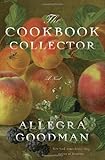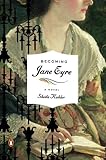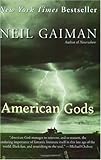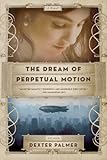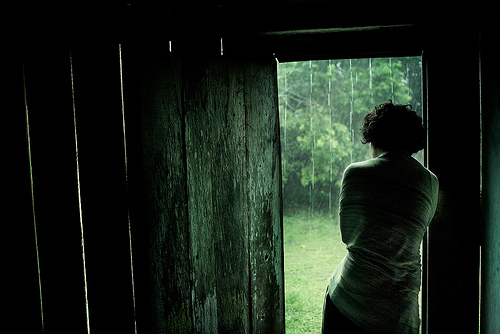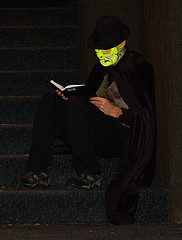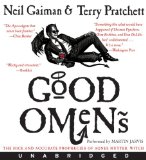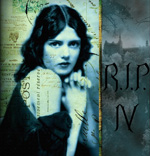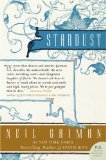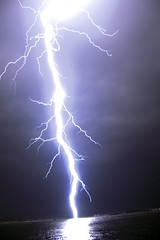 The other day I needed some help picking out what to read. I think it turns out I just needed a nudge. You voters selected Neil Gaiman’s American Gods. I have read the first chapter, and yeah, I think I will like it, but it’s hard to tell at the moment. I totally love Neil Gaiman, so there is, at least, that.
The other day I needed some help picking out what to read. I think it turns out I just needed a nudge. You voters selected Neil Gaiman’s American Gods. I have read the first chapter, and yeah, I think I will like it, but it’s hard to tell at the moment. I totally love Neil Gaiman, so there is, at least, that.
I think maybe before I read The Dream of Perpetual Motion by Dexter Palmer, I will re-read The Tempest. I might get more out of the former if I read the latter first. The last time I read The Tempest was college. That has been a while. No takers at all for Gaskell’s North and South, two votes for The Cookbook Collector, and one vote for Becoming Jane Eyre.
At some point, I need to make time for Jasper Fforde’s new Thursday Next book—One of Our Thursdays is Missing. I also decided I need to read Madame Tussaud: A Novel of the French Revolution. Until I read Jennifer Donnelly’s Revolution, I can’t say I was that interested in that time period in France, for some inexplicable reason that makes absolutely no sense to me now. Oh! And I just started participating in book giveaways on Goodreads, and I won the first book I was interested in! The Rebellion of Jane Clarke by Sally Gunning. I hope it will be good. I haven’t read a great deal of fiction set during the American Revolution.
P.S. This was my 1,000th post! Feels like a milestone.
photo credit: J.J. Verhoef



